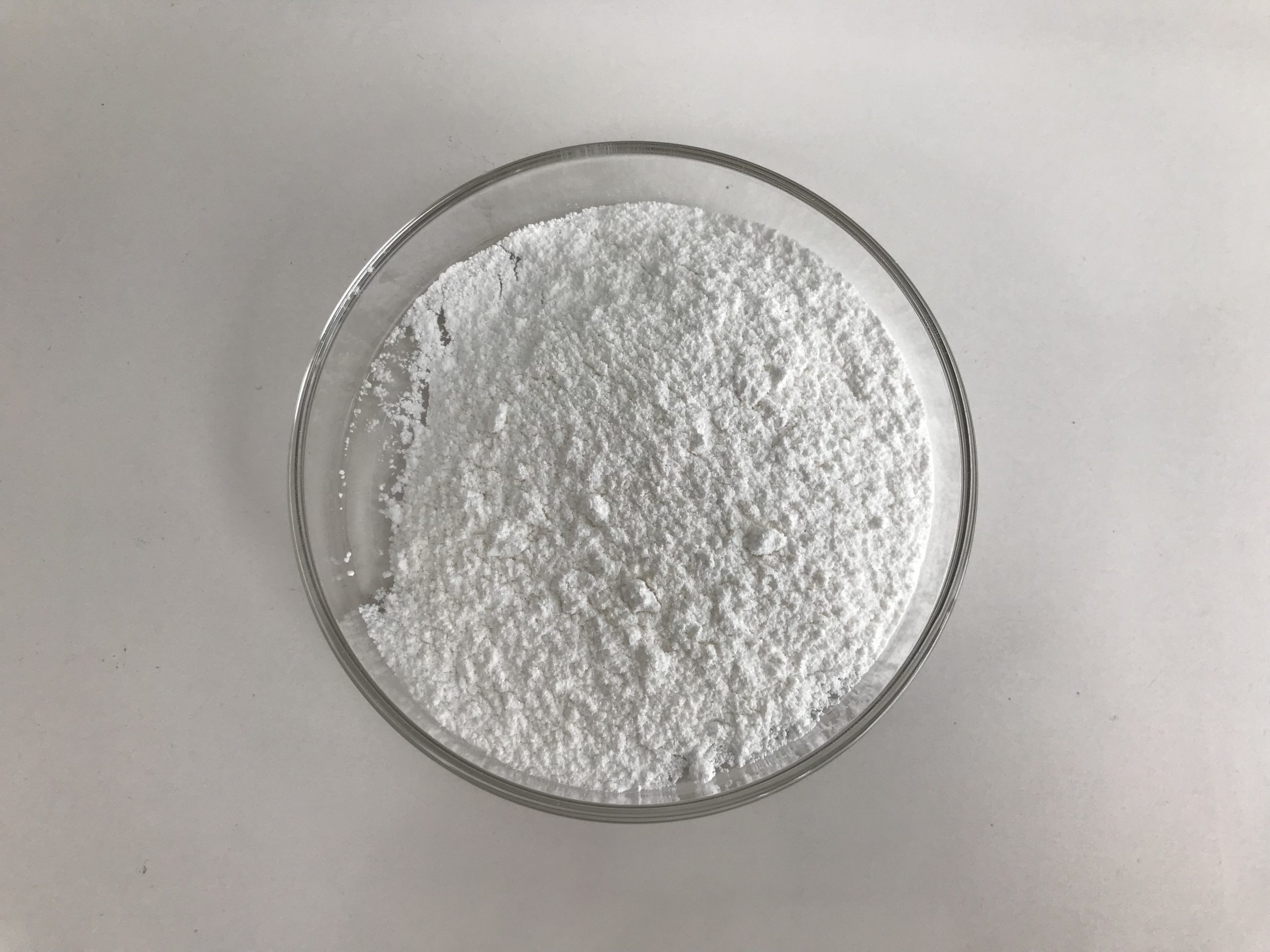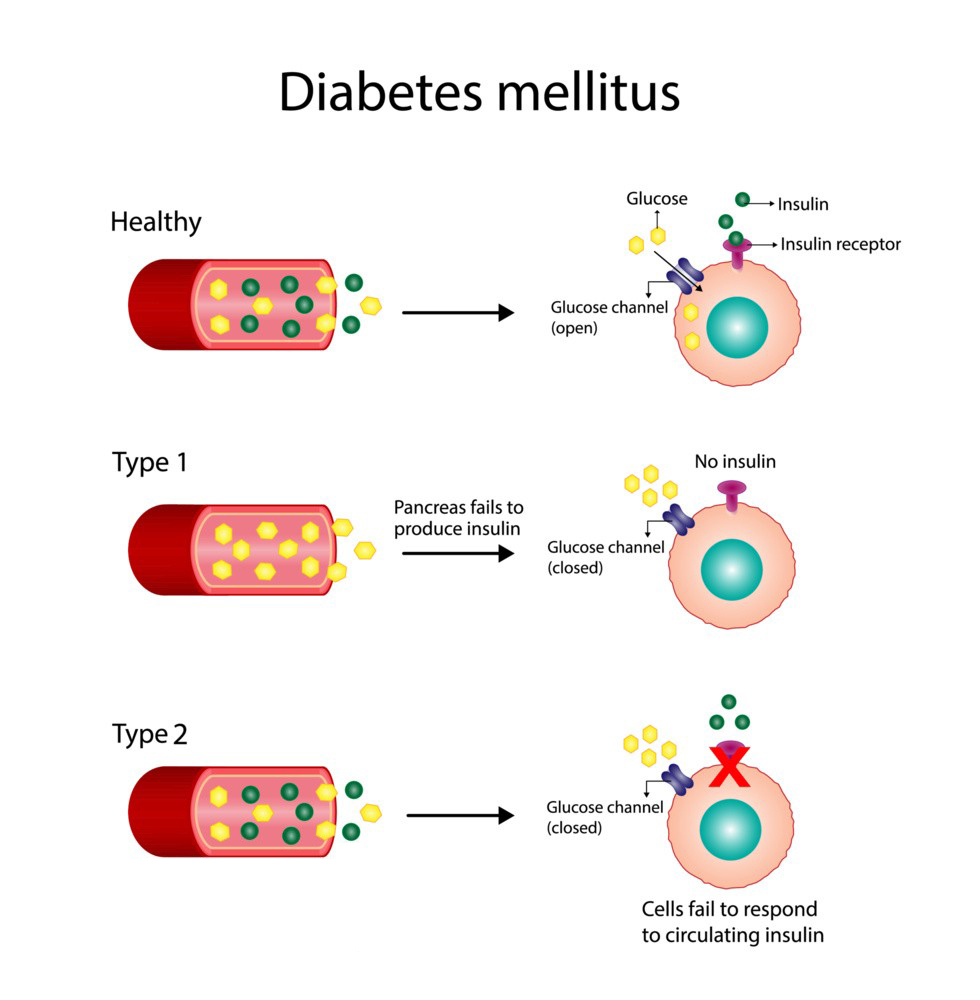Adenosine Triphosphate (ATP) is not a nutrient itself but rather a molecule that plays a crucial role in cellular energy transfer. Adenosine Triphosphate is often referred to as the “energy currency” of the cell because it stores and transports chemical energy within cells for various biological processes. Here’s how it works in the context of brain function:
Role of Adenosine Triphosphate in the Brain:
1. Energy Supply: The brain is a highly energy-demanding organ, and Adenosine Triphosphate is essential for maintaining proper neural activity. Neurons use Adenosine Triphosphate to power processes like neurotransmitter release, ion exchange, and maintaining membrane potential, which are fundamental to brain signaling.
2. Neurotransmission: Adenosine Triphosphate is necessary for the production and release of neurotransmitters, which are chemical messengers that neurons use to communicate. Without sufficient Adenosine Triphosphate, neurotransmission would be impaired, affecting cognitive functions like memory, learning, and mood regulation.
3. Synaptic Plasticity: Adenosine Triphosphate supports synaptic plasticity, the brain’s ability to change and adapt in response to new information, experiences, and injury. Synaptic plasticity is key to learning and memory.

4. Adenosine Triphosphate as a Signaling Molecule: Besides being an energy source, Adenosine Triphosphate also acts as a signaling molecule in the brain. It can bind to specific receptors, such as P2 receptors, influencing processes like inflammation, neuroprotection, and cell survival.
5. Mitochondrial Function: Mitochondria are the powerhouses of cells and are responsible for generating Adenosine Triphosphate. Efficient mitochondrial function is essential in the brain for preventing neurodegenerative diseases like Alzheimer’s and Parkinson’s, as these conditions are linked to mitochondrial dysfunction and reduced Adenosine Triphosphate production.
Nutrients that Support Adenosine Triphosphate Production:
While Adenosine Triphosphate is produced internally, certain nutrients are vital for its production:
- Glucose: The primary fuel source for Adenosine Triphosphate production, especially in the brain.
- Oxygen: Required for aerobic respiration, a process that generates the most Adenosine Triphosphate.
- Magnesium: An essential cofactor for Adenosine Triphosphate production.

- Vitamins (especially B1, B2, B3): Vital for metabolic pathways involved in Adenosine Triphosphate synthesis.
- Coenzyme Q10: Supports mitochondrial function and Adenosine Triphosphate production.
- Creatine: Stores high-energy phosphate groups that can be used to regenerate Adenosine Triphosphate, particularly in energy-demanding activities.
Optimizing Adenosine Triphosphate production and maintaining brain energy levels involves consuming a balanced diet rich in these nutrients.
